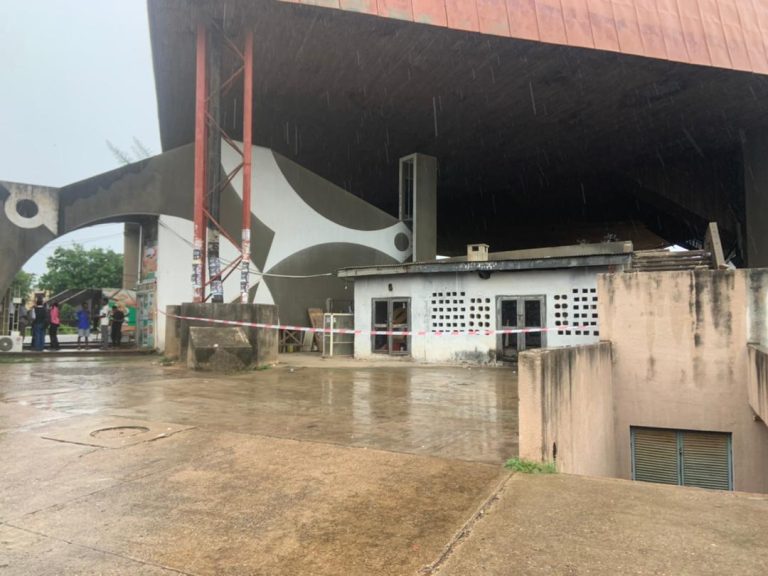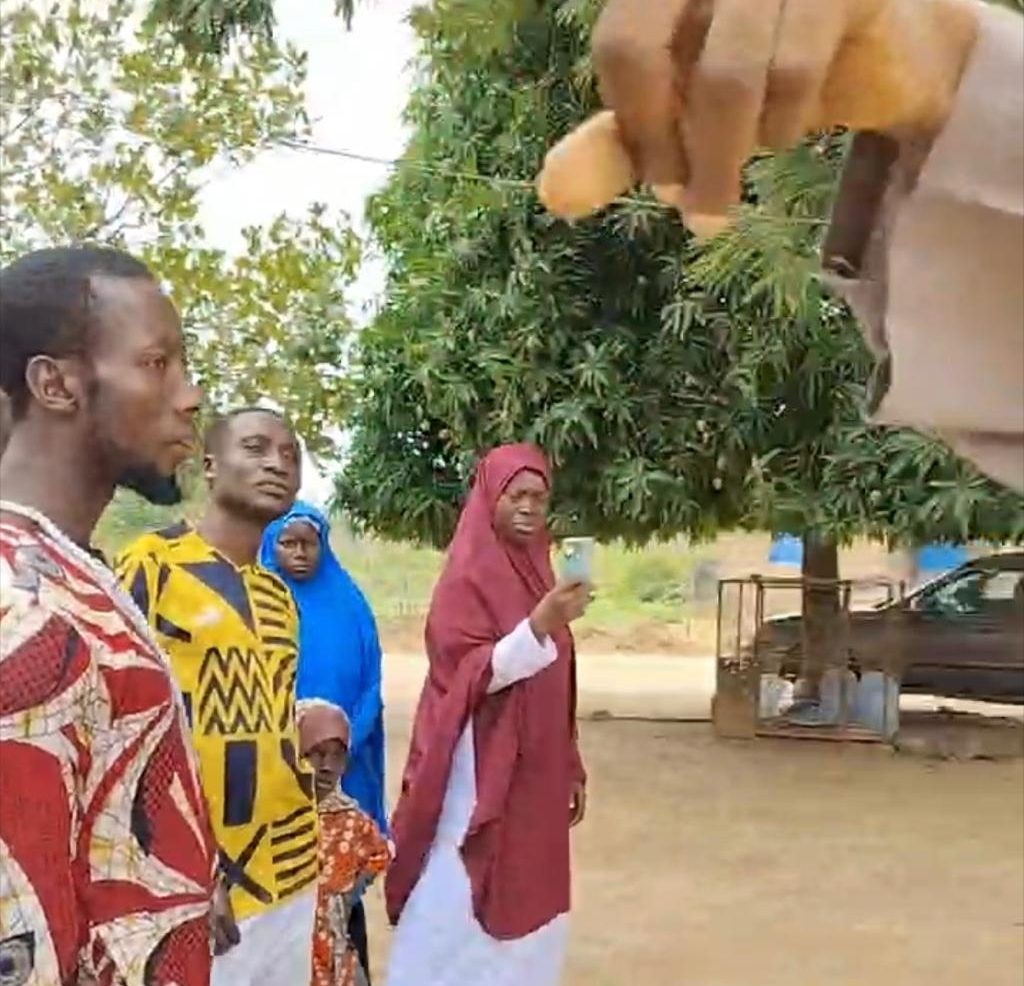The Discourse: Dealing With The High Cost Of Living


- By Ibrahim Mustapha
SIR: The recent protest in some parts of Niger, Kano, and Osun states over the rising cost of living did not come to many Nigerians as a surprise. Many saw it coming. There were disturbing signs which emerged in the last two years on the likely rise on the cost of living in the country.
For instance, the food and Agricultural Organization (FAO) and other organizations had predicted looming hunger in the country. Despite these warnings, our policy makers failed to roll out adequate measures to address the situation. While the outbreak of the Covid-19 pandemic in 2021 had disrupted the economy of many countries of the world including Nigeria, it did not teach any lesson to our leaders. The post-COVID-19 era witnessed corruption and the mismanagement of public funds. Many intervention programs particularly in the agriculture sector geared towards food security were marred by corruption.
Until the emergence of the Bola Tinubu administration and the suspension of the chief executive officer of Nigeria Incentive-Based Risk Sharing System for Agricultural Lending (NIRSAL), a subsidiary of the Central Bank of Nigeria, little was known on how funds meant for intervention were looted. Same with the Federal Ministry of Humanitarian Affairs, Disaster Management, and Social Development, whose former minister, Sadiya Umar Faruk, was alleged to have diverted funds meant for alleviating poverty in the country.
There are other contributory factors to the current inflation and cost of living crisis. These include the devaluation of the naira, worsening insecurity in farming communities; increase in the cost of production; fuel price increase; corruption; hoarding; high taxes; high exchange rate, etc. These factors have contributed greatly to the current food crises in the country.
There is the urgent need for government to address the underlying causes of cost of living and come up with short, medium and long term plans to address it. While the release of 102,000 metric tons of assorted grains as directed by President Bola Ahmed Tinubu may provide temporary relief to many if judiciously channelled, the high rate of inflation calls for more urgent actions.
While the rise of cost of living is a global phenomenon, the three levels of government- federal, states and local governments-need to sit up, re-stategise and roll out more intervention programs targeting the larger population. The removal of subsidy has led to increase in revenues available for distribution in the country. We see evidence of this in the high revenues being shared by FAAC monthly. It is quite unfortunate that state governors are doing little or nothing to bring succour to the suffering people in spite receiving billions of naira from the federation account. Many states governors, sadly, failed to evolve adequate measures to share the first tranche of palliative released to them by the federal government last year.
Government at all levels should quickly come up with living wage for their workers. The current package (wage) is pitiable and hardly meets up the demand of majority workers amidst galloping inflation in the country.
The Tinubu administration should convene an economic summit to brainstorm on how to navigate the current economic turbulence. These experts should also help us with comprehensive blueprint for growth. Time for Nigeria to embrace home-grown economic policies as the prescriptions of the Bretton Wood institutions have failed to take our economy out of the woods. The Structural Adjustment Policies (SAP) implemented by Babangida military government in the early 80’s is evidence of how our once-flourishing economy was ruined through shoddy privatization, currency devaluation and corruption. If SAP with all its beautiful sing-song in the 80’s could not take the country to nirvana, the Bretton wood policies will not change anything in our democratic setting.
- Ibrahim Mustapha, Pambegua, Kaduna State
The opinions expressed in this publication are those of the author. They do not represent the opinions or views of OSUN DEFENDER.










